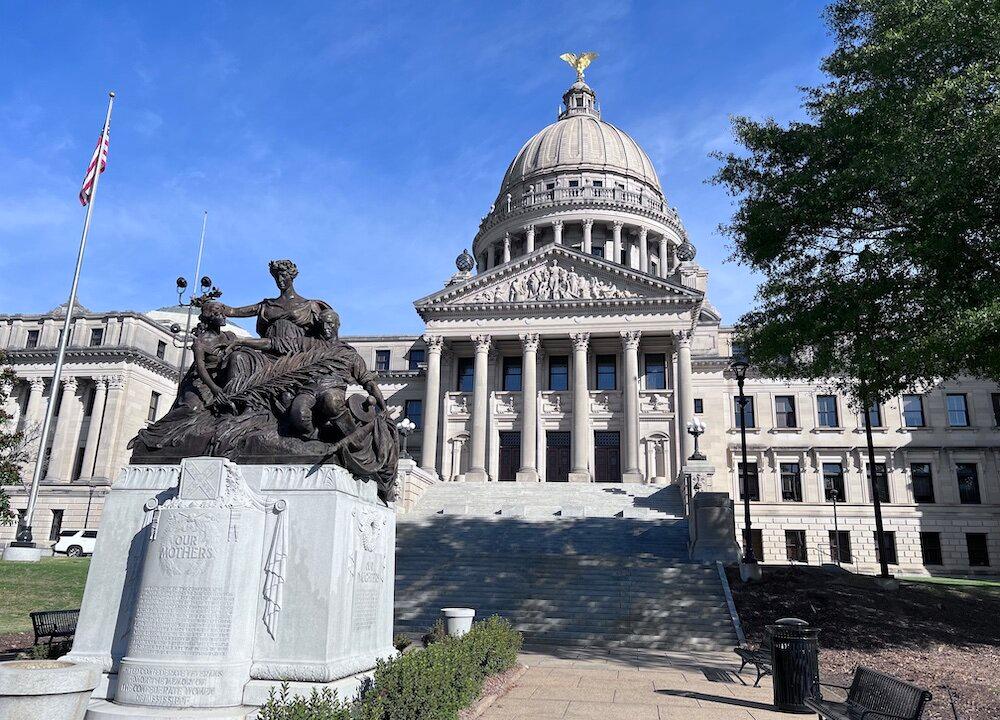A federal judge has granted NetChoice’s request for a preliminary injunction that suspends Mississippi state law that required internet users to be age-verified.
House Bill 1126—intended to protect minors from harmful online content—was signed into law in April and was set to go into effect on July 1.





